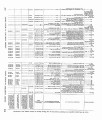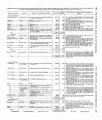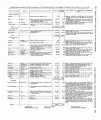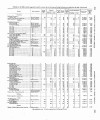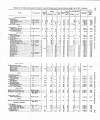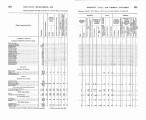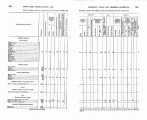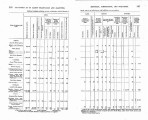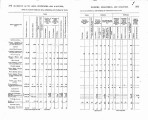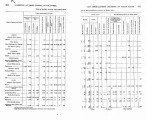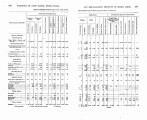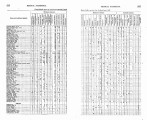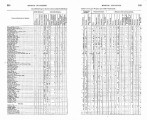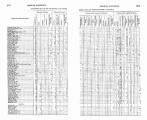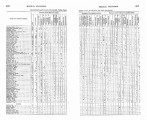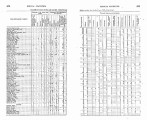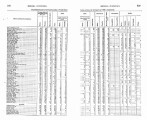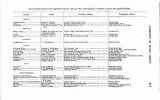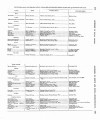| Title |
Annual Report of the Commissioner of Indian Affairs - 1887 |
| Subject |
Indian reservations; Federal government; Indians of North America; Indians of North America--Education; Courts; Allotment of land; Land use; Railroads; Timber; White people--Relations with Indians; Health; Annuities; Horses; Crime; Missionaries; Irrigation; Grazing; Alcohol; Livestock; Agriculture; White River Massacre, Colo., 1879; Natural resources; Language and languages; Education; Employment (Economic theory); Work; Navajo Indians; Ute Indians; Religion; Water rights; Indigenous peoples--North America |
| Keywords |
Annual Report; Indian Agency; Reservations; Land Rights; Allotment; Tribal Funds; Resources; Meeker Massacre; Tabby; Colorow; Inter-tribal Relations; Native Americans |
| Publisher |
Digitized by J. Willard Marriott Library, University of Utah |
| Tribe |
Ute; Navajo |
| Language |
eng |
| Description |
Excerpts concerning Utah from the Annual Report of the Commissioner of Indian Affairs - Courtesy of the University of Wisconsin Digital Collections. The Commissioner of Indian Affairs provides demographic data and estimates regarding necessary congressional appropriations. The Commissioner also discusses the effects of the general allotment act, the process by which agents should be chosen for employment at the Indian agencies, the progress and demographic data of Indian schools, the use of Indian lands for agricultural pursuits, the system of law enforcement and judicial action on reservations, and the development and use of railroads (including on the Uncompahgre Reserve). Uintah Ouray Reservation Agent T.A. Byrnes submits a report describing the consolidation of the Ute agencies, the disposition of the Uintah and White River Utes, the increase in enrollment in Indian schools, the construction of Ft. Duchesne and various buildings at the Uintah Ouray Agency, and confrontations with Colorow and his band |
| Type |
Text |
| Coverage |
Fort Duchesne (Utah); Uintah and Ouray Indian Reservation (Utah); Utah; Washington (D.C.) |
| Format |
application/pdf |
| Rights |
Digital Image © 2011 America West Center. All Rights Reserved |
| ARK |
ark:/87278/s6wq30hp |
| Creator |
Atkins, John D. C. (John Dewitt Clinton), 1825-1908 |
| Date |
1887 |
| Spatial Coverage |
Salt Lake City (Utah); Fort Duchesne (Utah); Uintah and Ouray Indian Reservation (Utah); Utah; Washington (D.C.) |
| Setname |
uaida_main |
| ID |
370741 |
| Reference URL |
https://collections.lib.utah.edu/ark:/87278/s6wq30hp |


































































































